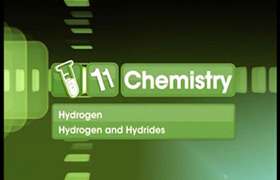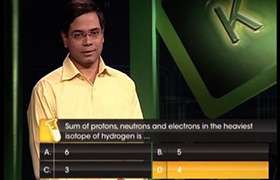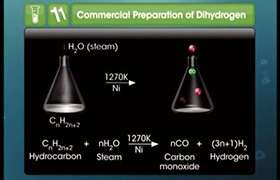CBSE Class 11-science Answered
Dear Student
The hydrogen economy is a proposed system of delivering energy using hydrogen.
Hydrogen advocates promote hydrogen as potential fuel for motive power (including cars and boats), the energy needs of buildings and portable electronics. Free hydrogen does not occur naturally in quantity, and thus it must be generated from some other energy source by steam reformation of natural gas or another method. Hydrogen is therefore an energy carrier (like electricity), not a primary energy source (like coal). The utility of a hydrogen economy depends on issues of energy sourcing, including fossil fuel use, climate change, and sustainable energy generation.
Amphoteric nature of water :--Chemically, water is amphoteric: it can act as either an acid or a base in chemical reactions. According to the Brønsted-Lowry definition, an acid is defined as a species which donates a proton (a H+ ion) in a reaction, and a base as one which receives a proton.
We hope that clarifies your query.
Regards
Team
Topperlearning










